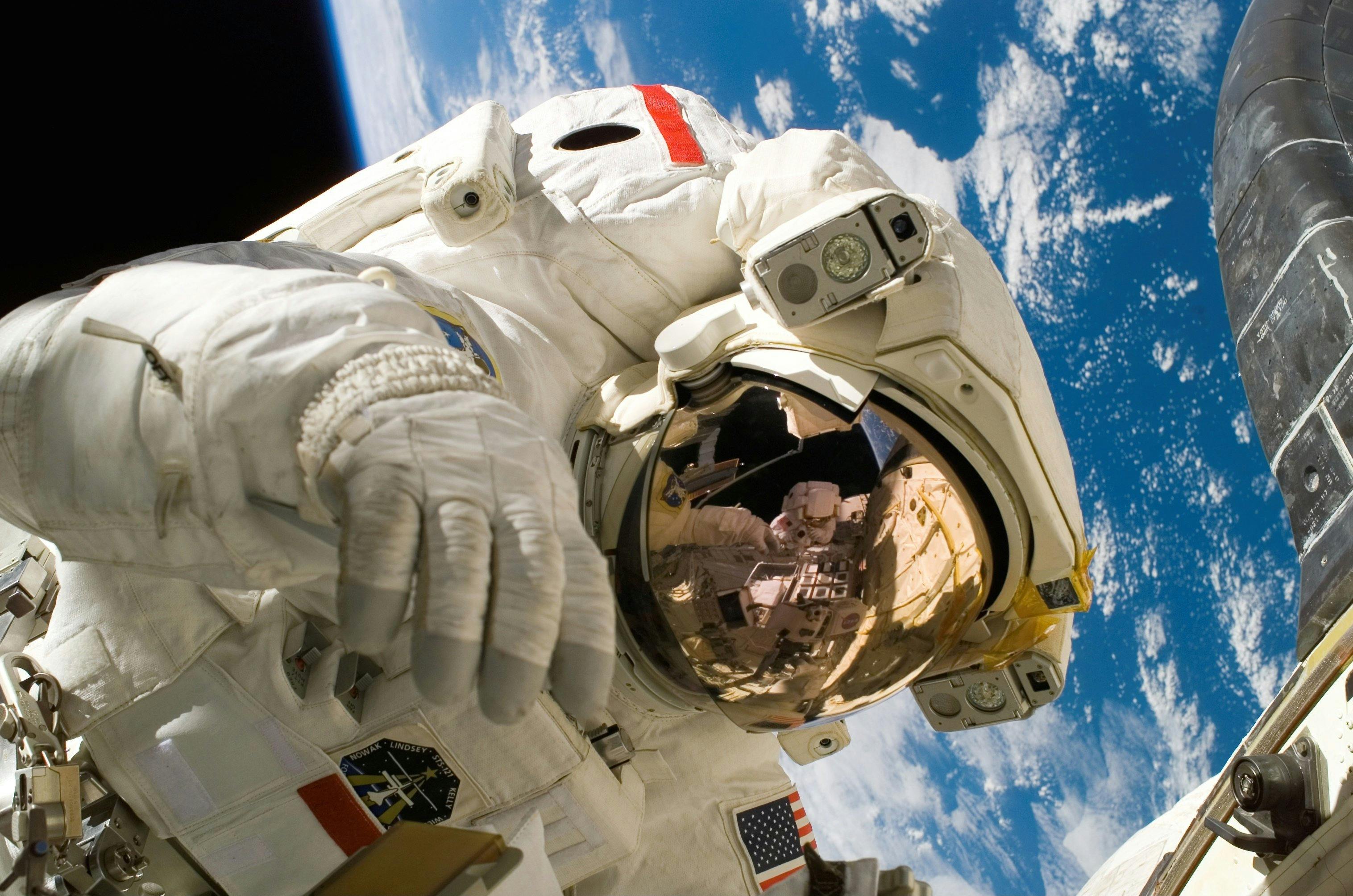Transforming Travel: The Advent of Space Tourism
As we stand on the precipice of a new era, the boundaries of travel continue to expand. No longer confined to the terrestrial, the advent of space tourism is increasingly becoming a reality. This article delves into the evolution of this travel trend, its current developments, and its potential impact on the industry.

The Dawn of Space Tourism
The concept of space tourism is not a recent development. The idea of commercial space travel first emerged in the early 1960s, following the successful launch of the first manned spaceflight. However, it wasn’t until the late 20th century that the possibility of space tourism began to take shape, spurred by advancements in technology and the privatisation of the space industry.
The Modern State of Space Tourism
Today, several private companies are pioneering the space tourism industry. From SpaceX’s plan for lunar tourism to Blue Origin’s suborbital spaceflights, space travel is no longer exclusively for astronauts. The introduction of these initiatives signifies a shift in the space industry, making it more accessible to the general public.
The Impact of Space Tourism
Space tourism presents a unique set of advantages and challenges. On one hand, it offers an unprecedented travel experience, opening up a realm previously inaccessible to ordinary people. On the other, it raises concerns about safety, environmental impact, and the high cost of space travel. Furthermore, it has potential implications for space law and policy, as the rules governing space activities were primarily developed with governmental missions in mind.
Expert Insights & Research Backing
Research substantiates the potential of space tourism. According to a 2020 report by UBS, the space tourism market could be worth over $3 billion annually by 2030. Moreover, experts suggest that space tourism could potentially drive technological innovation and contribute to scientific knowledge.
Key Takeaways & Future Outlook
As we set our sights on the stars, space tourism represents the next frontier in travel. It offers an exciting opportunity for adventurous travelers, while posing new challenges that must be addressed. The ongoing developments in this field reflect the ever-evolving nature of the travel industry and hint at the exciting possibilities that lie ahead.
Practical Insights & Fun Facts
- The world’s first space tourist was Dennis Tito, an American businessman who spent 8 days aboard the International Space Station in 2001.
- A trip to space is not for the faint-hearted. Space tourists undergo rigorous training, which includes underwater simulations and G-force tests.
- Virgin Galactic, one of the key players in space tourism, has already sold over 600 tickets for future spaceflights, despite still being in the test flight stage.
In conclusion, the advent of space tourism is a transformative development within the travel and transportation industry. As we look to the future, the prospect of space travel continues to inspire awe and wonder. This burgeoning field represents a new chapter in human exploration and a novel way of experiencing the world – or rather, the universe.




